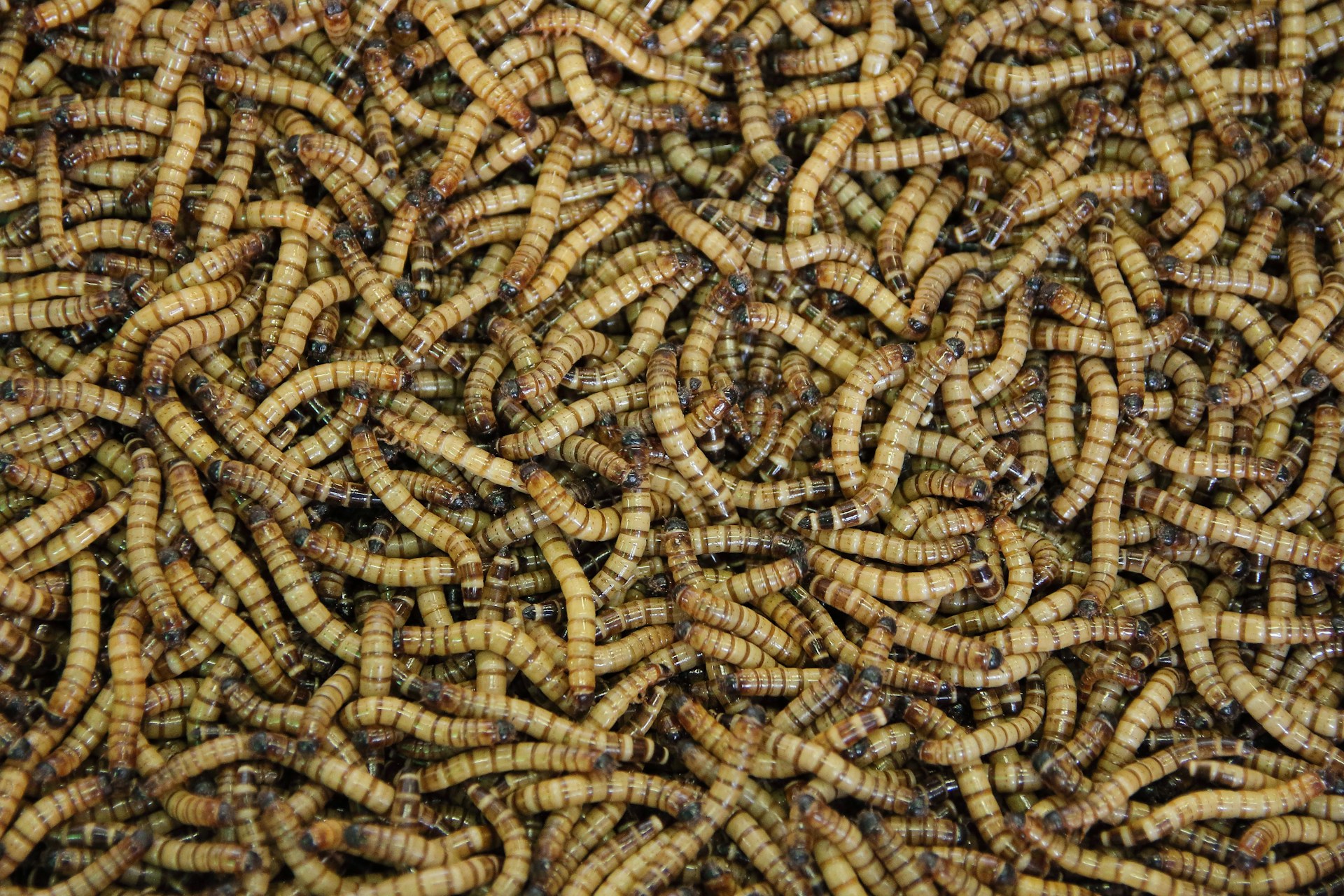Recent research has looked into how mealworms (Tenebrio molitor larvae) can help break down plastic waste, especially disposable face masks, which have in recent times become a huge environmental concern due to their 450 year decomposition time. A study published in Biology Letters by Dr. Michelle Tseng and Shim Gicole from the University of British Columbia examined how mealworms can eat and process microplastics from face masks when they are mixed with bran, which is a more appealing food option.
Over a 30-day period, the mealworms ingested approximately half of the provided microplastics, averaging about 150 particles per insect. The majority of these particles were absorbed, with only a small fraction excreted. Importantly, the consumption of microplastics did not adversely affect the mealworms’ growth or survival.
Complementary findings were reported in the Global NEST Journal, where researchers such as Shahul Hameed M from Department of Civil and Environmental Engineering, National Institute of Technical Teachers’ Training and Research as well as Ranic T. L from the Department of Civil Engineering, Jawaharlal Nehru Technological University College of Engineering Kakinada (University College of Engineering in JNTU Kakinada) observed that mealworms fed solely on medical face masks exhibited a survival rate of 89.25%, compared to 95.35% for those fed on bran. The mealworms consumed 47.5% of the mask material, leading to an 80% reduction in the mask’s tensile strength, indicating significant degradation.
He says that is supported by research showing mealworms can break down certain types of plastic without harming their health. That would then be followed by detailed research into the digestion processes behind that ability, to provide clues to better ways of disposing of plastic waste. Dr. Tseng said it was time for a rethink about insects, which might just hold the key to helping deal with plastic pollution.
“Perhaps we can start viewing bugs as friends. We’re killing millions of insects every day from general pesticides—the very same insects we could be learning from to break down these plastics and other chemicals.”
While these results are promising, it will ultimately take more studies to find out how well this biodegradation process scales and what other environmental implications there are. Mealworms are, nonetheless, one of the more fascinating solutions to the perpetual problem of plastic waste.

Hassan graduated with a Master’s degree in Chemical Engineering from the University of Chester (UK). He currently works as a design engineering consultant for one of the largest engineering firms in the world along with being an associate member of the Institute of Chemical Engineers (IChemE).



